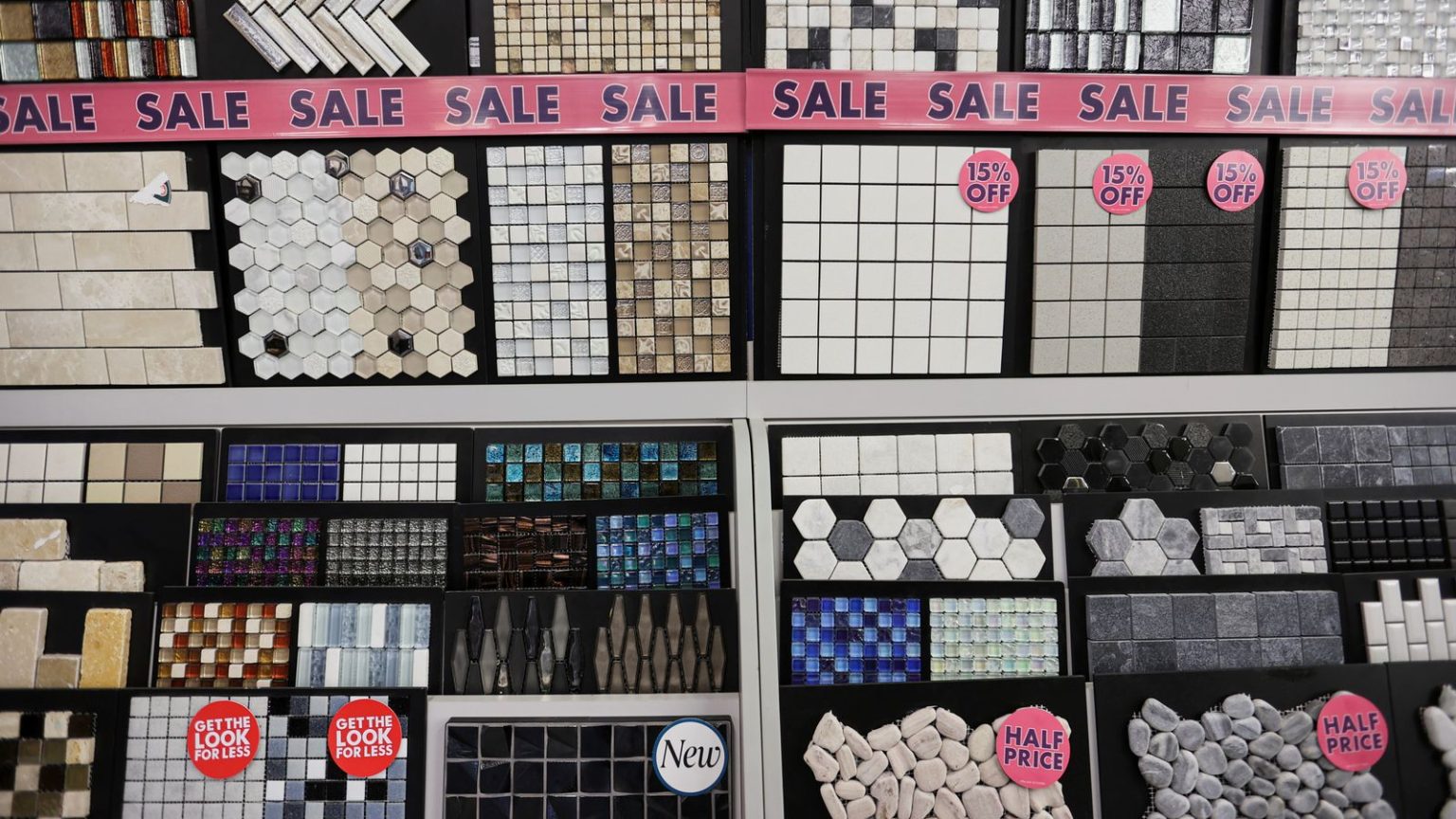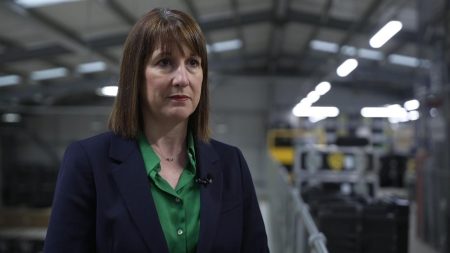The UK Competition Regulator Warns of Potential Price Hikes and Reduced Services Due to Topp Tiles’ Acquisition
The UK’s Competition and Markets Authority (CMA) has spoken out about potential issues arising from Topp Tiles’ acquisition of 30 rival stores, warning that the deal could lead to higher prices and poorer services for consumers. On Monday, the CMA revealed that the purchase of CTD Tiles stores might result in competition concerns, potentially reducing customer choice and leading to less favorable deals. Topp Tiles, already the largest specialist tile retailer in the UK, has effectively acquired its biggest competitor, CTD Tiles, which was purchased for £9 million after falling into administration last year. The CMA’s executive director for mergers, Joel Bamford, highlighted that these changes could make renovation projects more expensive for both homeowners and businesses. While the impact is expected to be localized, with only specific areas in Scotland and England directly affected, the regulator has made it clear that the deal warrants careful scrutiny.
The CMA Identifies Localized Competition Concerns
Following a detailed review of the acquisition, the CMA has identified that the merger could lead to competition issues in four specific regions: Dorking, Edinburgh, Inverness, and Aberdeen. These areas may experience a reduction in competitive deals and product choice, potentially disadvantaging both home renovators and tradespeople. However, the regulator emphasized that in most parts of the UK, there are still sufficient competitors to Topp Tiles, meaning the impact will be limited to these localized areas. The CMA’s findings are based on an examination of internal documents, as well as evidence gathered from customers and competitors. Topp Tiles has responded by stating its commitment to working constructively with the CMA to address these concerns. The company has until February 24 to propose solutions to mitigate the regulator’s worries. If no satisfactory solutions are presented, the case will be subject to a more in-depth investigation.
Political Pressure on Regulators to Prioritize Economic Growth
Amid the CMA’s scrutiny of the Topp Tiles deal, there has been growing political pressure on regulators to focus on fostering economic growth. Recent weeks have seen both Prime Minister Keir Starmer and Chancellor Rachel Reeves urging regulators to place economic expansion at the heart of their missions. Chancellor Reeves has argued that post-financial crash regulations have “gone too far,” stifling innovation and growth. Similarly, the prime minister has pledged to eliminate regulations that “needlessly hold back investment.” These calls have coincided with a broader push to review and potentially roll back certain regulatory measures, with the goal of creating a more business-friendly environment. The removal of the CMA chair last month by the Department for Business and Trade further underscores the government’s desire to influence the regulatory landscape in favor of economic growth.
What’s Next for Topp Tiles and the CMA?
The situation between Topp Tiles and the CMA is still unfolding, with the outcomes hanging in the balance. The regulator has given Topp Tiles until February 24 to address the competition concerns. If the company fails to offer acceptable solutions, the case will progress to a more comprehensive investigation, which could lead to significant consequences for the merger. Topp Tiles has maintained a cooperative stance, stating its intention to continue working with the CMA in a constructive and professional manner. However, the regulator’s findings have raised important questions about the balance between market competition and corporate expansion. As the deadline approaches, all eyes will be on whether Topp Tiles can alleviate the CMA’s concerns without undermining the benefits of the acquisition.
Economic Growth and Competition: A Delicate Balance
The debate over the Topp Tiles acquisition highlights the delicate balance regulators must strike between promoting economic growth and safeguarding competition. While the government’s push for deregulation and economic expansion is understandable, especially in light of post-pandemic recovery efforts, the CMA’s role in protecting consumer interests remains crucial. The potential for increased prices and reduced services in specific regions serves as a reminder that unchecked market consolidation can harm both businesses and consumers. As regulators navigate this complex landscape, they must consider the long-term implications of their decisions on the UK’s economic health and competitive market dynamics.
Conclusion: Implications for Consumers and the Market
The outcome of the CMA’s investigation into Topp Tiles’ acquisition of CTD Tiles stores will have significant implications for consumers, businesses, and the broader market. If the deal is allowed to proceed without addressing competition concerns, it could set a precedent for future mergers and acquisitions, potentially leading to a more concentrated market and fewer choices for consumers. Conversely, a decision to block or modify the deal could send a strong signal about the importance of maintaining competition in key sectors. As the CMA continues its work, it is clear that the regulator’s decisions will shape the balance between economic growth and consumer protection for years to come.















